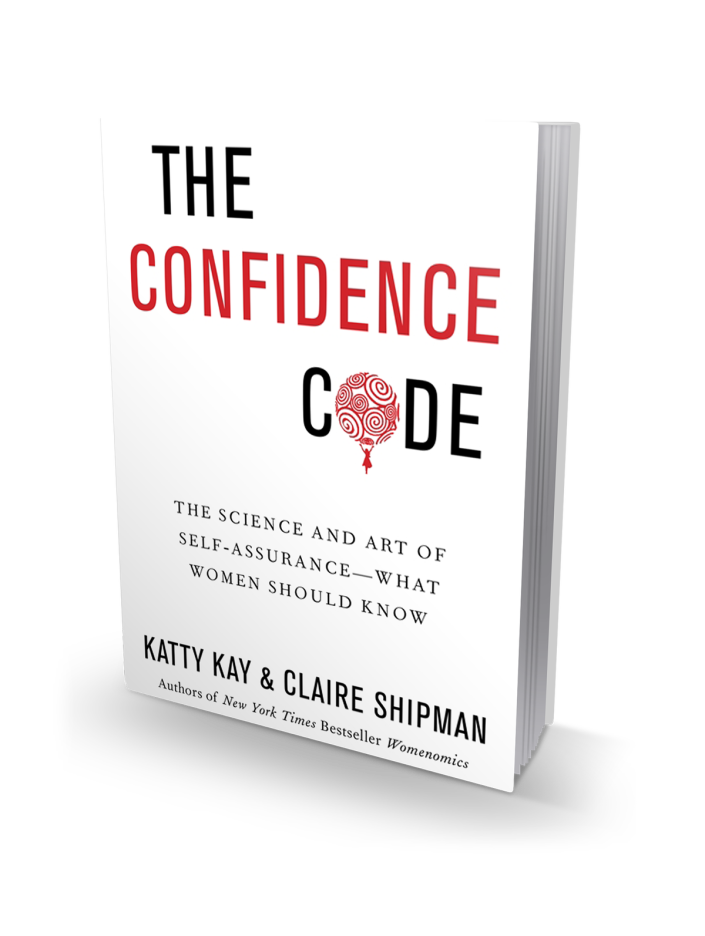Why Powerful Men Dominate Conversations While Women Keep Quiet

A curious thing happens to women as they climb the career ladder: They clam up.
Katty Kay and Claire Shipman write in their new book "The Confidence Code" that "the more senior a woman is, the more she makes a conscious effort to play down her volubility." Men, on the other hand, typically respond to increasing levels of authority by becoming more verbose.
It's part of the double bind that professional women continue to find themselves in. If they don't speak up, negotiate their pay, or otherwise promote themselves, then they lag behind men in promotion and pay rates. If they do act as aggressively as men, they are disliked or called a "bitch."
"The more a woman succeeds, the worse the vitriol gets," Kay and Shipman write. "All too often the very fear of this kind of abuse is enough to make women pull too far back and become overly deferential."
Indeed, research shows that while we expect powerful men to dominate conversations, we punish women for doing the same. The book cites one study conducted by Victoria Brescoll of the Yale School of Management in which 206 participants were asked to first imagine themselves as the most senior or junior figure in a meeting and then consider how much they would talk as that character.
The men who'd chosen to be senior said they would talk more than the men who picked the junior position, but the senior women said they'd talk the same amount as the lower-ranked person. Why? The women said they didn't want to be disliked or seen as controlling.

In a second experiment, participants were asked to rate a hypothetical female CEO who talked more than others. Both men and women said the fictional female CEO was "significantly less competent and less suited to leadership than a male CEO who talked for the same amount of time." However, when the fictional leader was described as talking less than others, she was rated as more competent.
For women, who are especially attuned to emotional cues, these ingrained cultural beliefs can derail their confidence and undermine their authority. Linda Hudson, who recently retired after four years as CEO of security and defense company BAE Systems, told Kay and Shipman, "I think the environment is such that even in the position I am now, everyone's first impression is that I'm not qualified to do the job."
"When a man walks into a room, they're assumed to be competent until they prove otherwise," Hudson continues. Women, however, are assumed incompetent until they prove themselves.
That kind of expectation would make anyone carefully consider their words.
Of course, there's something to be said for talking less and listening more. Research also shows that school-aged men are more likely to raise their hands in class without knowing the answer. That kind of overconfidence could do more harm than good.
More From Business Insider

 Yahoo Finance
Yahoo Finance 
